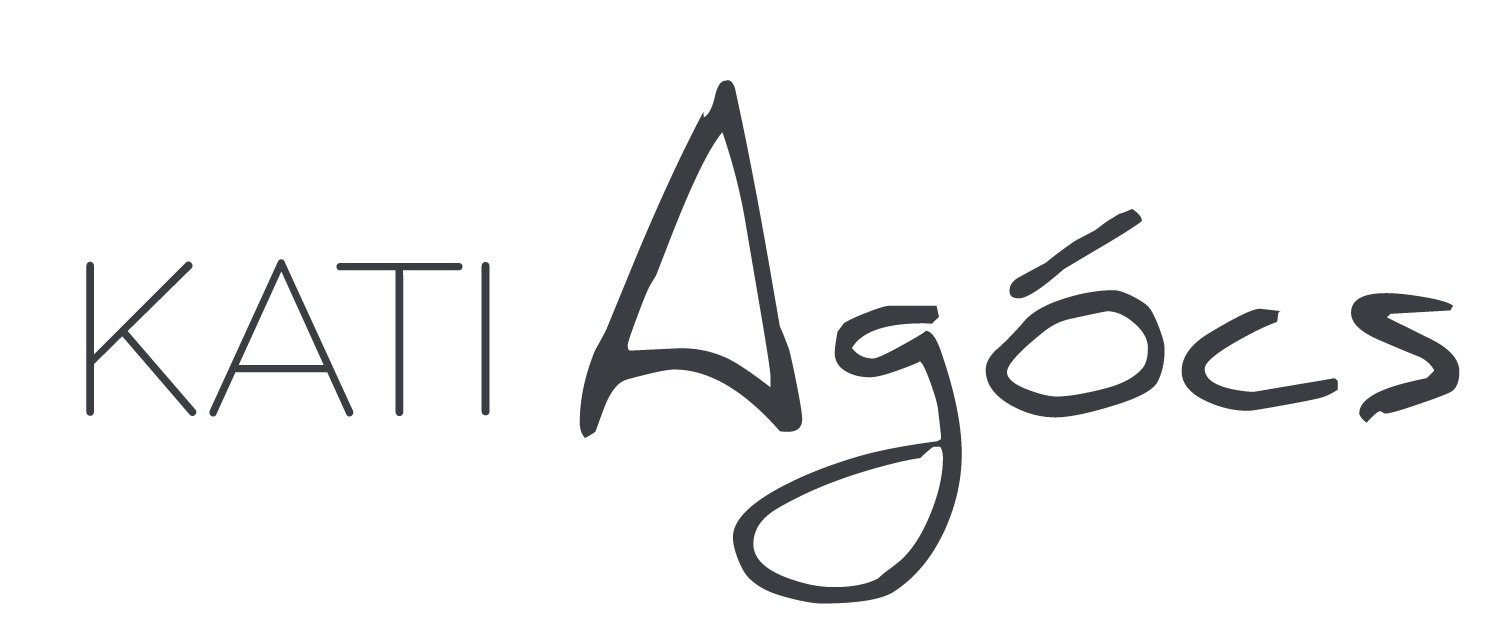MY 9/11 LESSON WITH MILTON BABBITT
Here I am in New York City twenty years to the day after September, 11, 2001. I’m here to rehearse my new cantata Voices of the Immaculate with Third Sound ensemble and singer Lucy Dhegrae. It’s a poignant time, especially for those of us who were in New York when the original events unfolded, and everyone has their own stories. For me personally, being here on this bright, clear morning — that looks and feels very similar to how that day twenty years ago started out - - brings to mind a memorable lesson with my composition teacher, Milton Babbitt.
My regular lesson time for six years was Tuesday mornings at ten. The lessons took place in a little office on the fifth floor of the Juilliard building. On the morning of September 11, 2001, just before nine, I stopped in at a café on Columbus Avenue near 69th Street, where I was living at the time, to get coffee before the nine o’clock class that I was serving as a teaching assistant for. I had had a dark, prophetic dream the night before, one of those enveloping dreams that is hard to shake, in which it feels like something major is shifting. The cafe had walls that were open to the street. I heard the sound of a jet engine passing overheard. It was almost subliminal, but I calculated that it was over the Hudson river to the west. It felt too loud and too close. I thought it was some sort of test flight. It turns out that it was the first plane.
When it was time for my lesson with Milton (or Mr. Babbitt, as I called him), the towers had already been hit, and everyone knew. I was inside the Juilliard building. Most people had left the building, so it was eerily silent, and I didn’t know where else to go. I knocked on the heavy, insulated door as I always did for my lesson, he said “come in”, and he was there, holding a short-wave radio with a huge antenna, an older relative of the gargantuan cell phone that he also had during that era. His radio was broadcasting the news.
It was obvious to both of us that we were not going to discuss music on this particular day. We sat at his desk, listening to the news report in real time on his radio: The Pentagon strike being announced; the reporters trying to come to terms with what was happening. As usual, Milton projected an air of knowing inside information that he just was on the cusp of revealing, but for once he didn’t have all of the answers. I was incredulous, shaken; he was obviously surprised and out of his element but projecting a cool veneer, like this was just another of the many crises that he had lived through, trying to calm me down. We didn’t know where it would end - -whether this was just the beginning of a longer, even more momentous chain of events. His phone was ringing and he was talking to various people, but no one knew what was going on. Finally, after about 45 minutes, I said goodbye and went down to the lobby. There were televisions set up there showing fires burning on the ground in Afghanistan, as the news tickers discussed the source of the attack. Later on that evening, I walked around the streets of the Upper West Side, seeing many photos posted of people who were missing. People were desperately searching for some clue, someone who had seen them earlier in the day so that they could find out what happened to them. I now realize that they were most likely undocumented people working in the towers who could not be searched for via the official avenues.
Those forty-five minutes of taking in the news with Milton felt both momentous and also strangely normal. In 2016 I had the opportunity to speak with William Robin of the New York Times about working with Mtilon Babbitt, for his article Making Milton Babbitt’s Legacy Less Fearsome. The conversation was a catalyst for me to formulate some memories, including the one in this post. I’ll try to share a few further highlights in a future post. Thank you for reading. Please join me in remembering and honouring the many people who were lost (and impacted) on 9/11.
